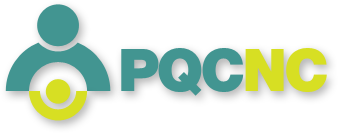As a result of extensive discussions during our last learning session and to better track some of the work we are doing on key interventions we've added a new question to our data collection tool - time to first pumping. Bringing down this time is one of the keys to long term success...
We were also reminded this month that we are not alone in the work we are doing - all across the country teams are focusing on similar initiatives. As a result, Breastfeeding rates continue to rise, with increases of about 2 percentage points in breastfeeding initiation, and breastfeeding at 6 and 12 months. Breastfeeding initiation increased from 74.6% in 2008 to 76.9% in 2009 births. This improvement in initiation represents the largest annual increase over the previous decade. Breastfeeding at 6 months increased from 44.3% to 47.2%; breastfeeding at 12 months increased from 23.8% to 25.5%.
